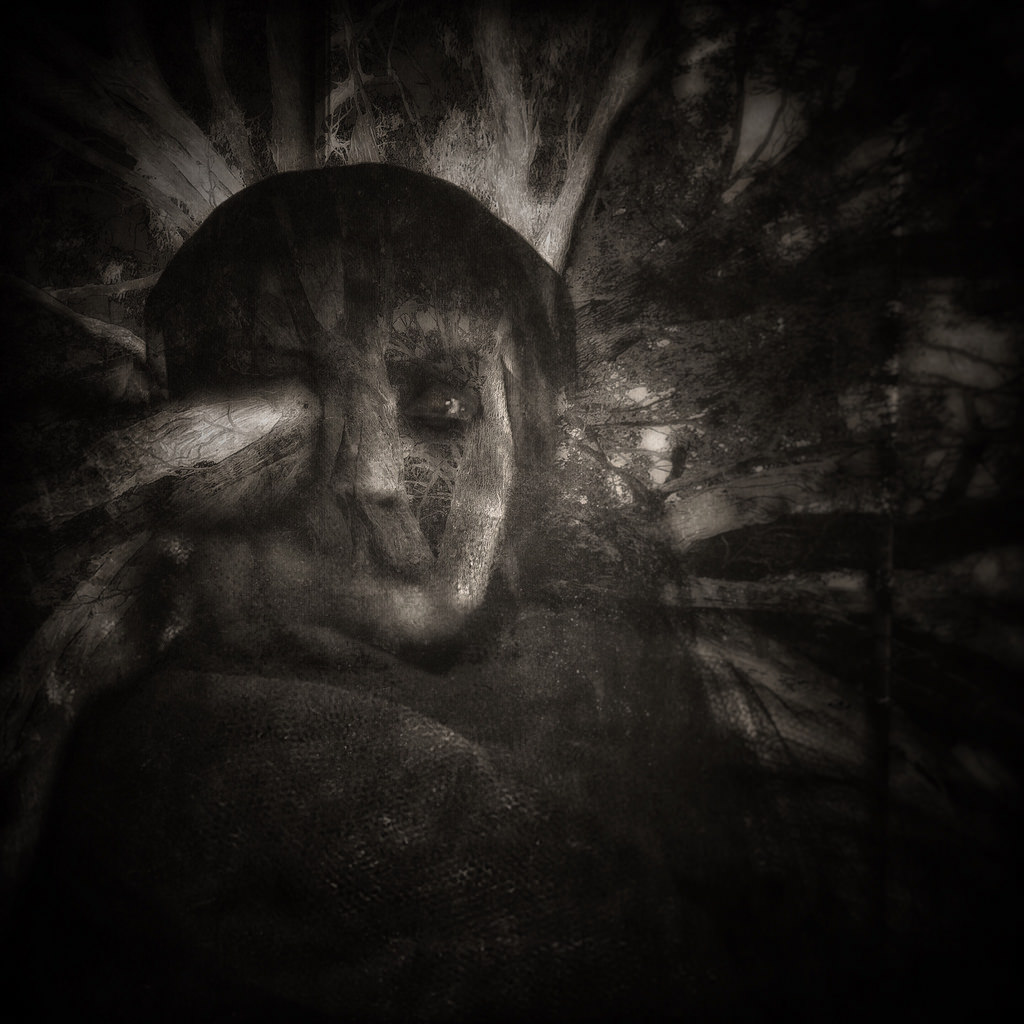 ENDNOTES, January 2019
ENDNOTES, January 2019
In this edition: Revive– from Chandos Records; George Antheil’s American Symphony; Nostalgia from Wim Henderickx, reviewed by STUART MILLSON
What better way to begin our 2019 musical journey than with a lively and completely refreshing compilation from Chandos of baroque and Elizabethan-era classics – Handel’s Water Music; Byrd, Pavan and Gigue; Bach, Brandenburg Concerto No. 3– arranged for saxophone quartet. The Ferrio Saxophone Quartet – Huw Wiggin, Ellie McMurray, Jose Banuls and Shevaughan Beere, is an ensemble of young players and has already undertaken critically-acclaimed international tours, despite the group only having been formed three years ago. On their new recording, Revive, they bring a glorious lightness of tone and touch to a well-chosen programme from the 17th and 18th-centuries; the works all transcribed for the saxophone by Iain Farrington, who comments in the CD booklet:
“Baroque music lends itself particularly well to small ensembles… the arrangements maintaining the essential material of the music. Transferred to the pure and haunting sound of saxophones, the music comes to possess an added beauty (perhaps melancholy?)”
Handel’s Sarabande, from his 1733 D minor suite, first published in Amsterdam, is heard with exactly the impression which Mr. Farrington has envisaged, as is the William Byrd arrangement, taken from that extensive and hallowed collection of early English music, The Fitzwilliam Virginal Book. Although, perhaps we should also use the word – breathtaking – as it is remarkable that such a detailed three-movement work as Bach’s Third Brandenburg Concerto– usually heard on violins, violas, and basso continuo – now radiates its beauty and invention through four saxophones.
Chandos continues to excel in the 20th-century symphonic repertoire, with an addition to the label’s exploration of the music of George Antheil, the American symphonist who has existed very much in the shadow of Copland – until now. An avant-garde enthusiast, Antheil was drawn to the heady world of 1920s’ Paris, but returned to the United States in the 1930s – forging a career in Hollywood, and creating a number of works, including the Third Symphony and the Symphony No. 6 ‘after Delacroix’, which convey a muscular and optimistic sense of “Americana”– but with an occasional nod to Shostakovich. From the BBC Philharmonic Orchestra and conductor, John Storgårds comes a full-bodied performances of those works, together with another side to Antheil – and one that is reminiscent of Copland’s Three Latin American Sketches and El Salon Mexico.
Antheil was attracted to the music of South America and what he described as the Antilles, and scored a Latin-style tone-poem evocation of the popular music of that region of the world. The composer, at first, shaped this material under the title Rhumba, but its published title – the much more mysterious, Archipelago– seems suggestive of a voyage from the Gulf of Mexico to exotic ports of call. For those listeners who also admire works such as Gershwin’s Cuban Overture, the Antheil provides a more Stravinsky or Milhaud-like treatment of this infectious dance-like mood.
Recording quality is of the very highest grade throughout the CD – the BBC Philharmonic conjuring the atmosphere of tobacco smoke and the clink of tequila-filled glasses in Archipelago and then striding out into the new age of America’s surging millions in the Symphony No. 3, dazzling in its late-1930s’, early 1940s’ confidence. And in that work, look out for the fourth movement – ‘The Golden Spike’, the story of the joining of the U.S. railroads from East to West. A definite influence of Sibelius is there, a theme reminiscent of a phrase in the Finnish composer’s Fifth Symphony. This was surely not lost on the recording’s Helsinki-born conductor.
The contemporary Flemish composer Wim Henderickx, born in 1962 – a student at Darmstadt, but an artist not necessarily bound by any of the strict rules of European modernism – continues to expand our musical horizons, and to challenge what we understand by terms such as “the music of today”. QR readers may recall our coverage of Henderickx’s extraordinary orchestral portrait of the Atlantic Wall – the monolith-like concrete fortifications erected along the Belgian and French coasts in the Second World War. It is unusual to find a modern composer writing “programmatic” music, music of a particular place, as so much of 21st-century composition seems to be about abstraction or minimalism, for its own sake.
This time, Henderickx surprises listeners with an album entitled – Nostalgia: a sequence of studies, “misterioso” passages and nocturnes often overflowing with the rich tones of a string ensemble, the highly-versatile Belgian ensemble, Boho Strings conducted by David Ramael. Despite the accessible nature of the composer’s music, and his clear dedication to the highest recording standards for his music, Nostalgia takes us – especially in the fourth track of the disc – to the peculiar stretching of sound; the “pressure” and tautness associated with Ligeti, or Varèse. Far from being nostalgia, this is music that absorbs a huge range of world influences and bestrides time and place – a tribute to a composer who speaks to a wider audience than the modernist aficionado.

Wim Henderickx
Baroque music, Chandos, catalogue number, 10999
Wim Henderickx, Nostalgia, is available on the Antarctica label, AR 011
Antheil, Chandos, 10982










